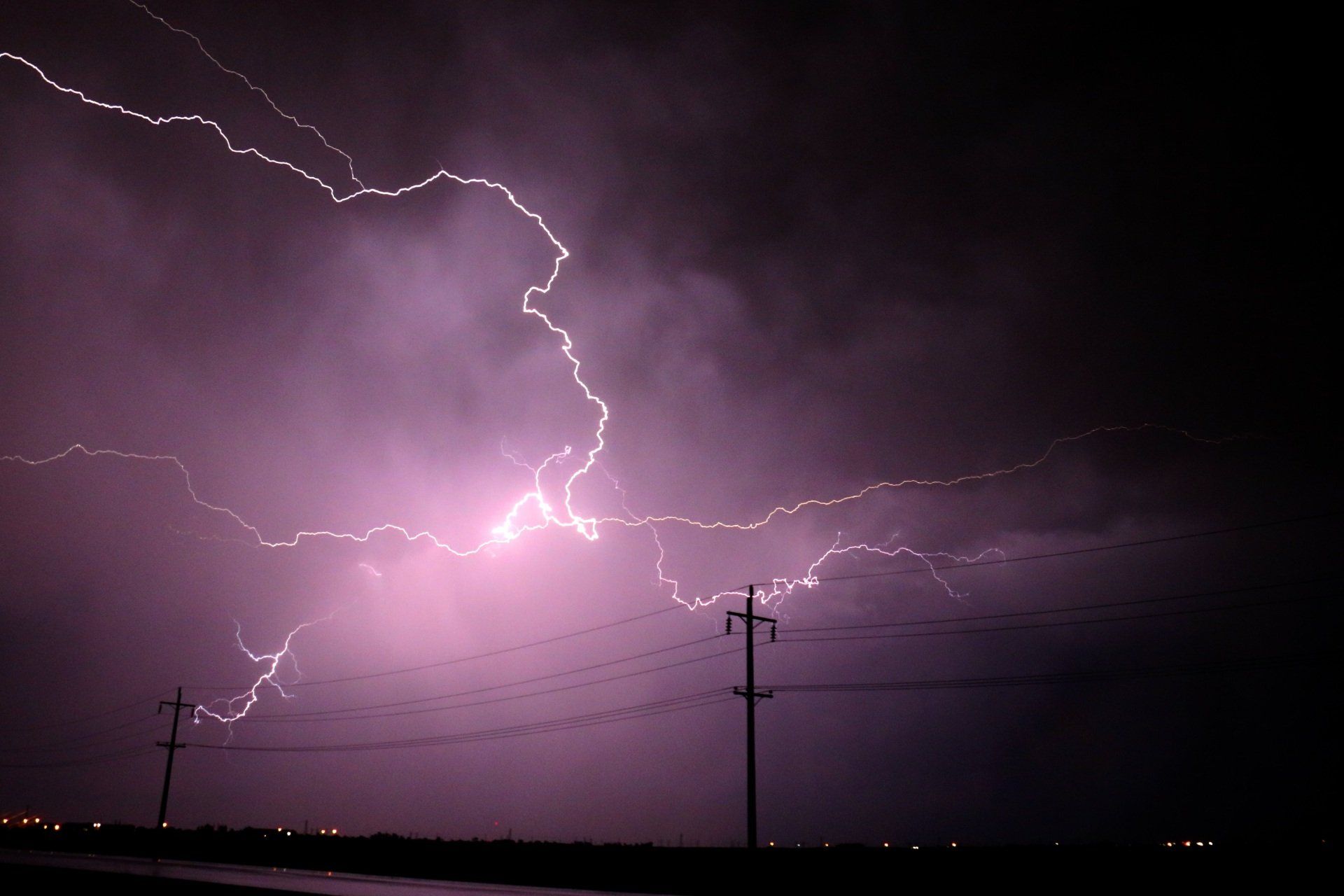Rights of Passengers in a Car Accident
What are the Rights of Passengers in a Car Wreck?
Alabama Code 32-1-2 addresses the rights of passengers in car wrecks. It includes what’s known as the guest-passenger statute, and it can be a bar to recovery (prevent an injured passenger from recovering compensation) if the driver of their vehicle is deemed to be at-fault. There are, of course, exceptions.
The code states: “[t]he owner, operator, or person responsible for the operation of a motor vehicle shall not be liable for loss or damage arising from injuries to or death of a guest while being transported without payment therefor in or upon said motor vehicle, resulting from the operation thereof, unless such injuries or death are caused by the willful or wanton misconduct of such operator, owner, or person responsible for the operation of the motor vehicle.”
First of all, Alabama is one of the few states with such a law on the books. The law was originally enacted in 1935 when most Alabama roads were unpaved, and there were very few cars on the road. Public policy back then held that a good citizen, doing a good deed—i.e., giving someone a lift—should not be held liable for simple or ordinary negligence.
Many more people have cars now, and that is no longer the consensus opinion for the general public. It is likely time to eradicate this law from the books. Why should the driver not owe his guest or passenger the same duty of care (ordinary care or reasonable care) that he owes to society at large?
So what does this mean for Alabama vehicle passengers? The law seems to differentiate between “guest” and “passenger.” For the former, there is no recovery, but there might be an option open to you in the latter case. If you are a simply a guest in a vehicle, and the driver is negligent, then you cannot sue that driver for your injuries sustained.
As with most laws, there are exceptions, and that’s really what we’re concerned with here. Alabama law considers you a “passenger” if you gave the driver monetary assistance or compensation for the trip. Let’s say you said, “if you give me a ride to the bank, I’ll buy your lunch.” Under the law, that would remove you as a “guest” and define you more as a “passenger.” Or “I’ll fill up your tank if you’ll take me to work.” In those scenarios, you could likely get around the bar to recovery if you were injured in a subsequent accident due to the driver’s own acts or omissions.
Another exception is provided if the driver was grossly negligent, or was deemed to have acted with willfulness or wantonness. A common example would be a driver who was under the influence of drugs or alcohol. The driver, in that situation, would likely be deemed to have acted with gross negligence or wantonness, and you as passenger could likely recover against the at-fault driver.
So, while the argument can be made that the guest passenger statute is antiquated and no longer serves our current public policy, it is the law in Alabama as of today. If you’ve been injured in an auto accident, trust the law firm of Snable Stevenson & Silva to navigate the laws, antiquated or not.
MORE ALABAMA INJURY LAW NEWS






OUR LAW FIRM IS HERE TO HELP
Contact our Birmingham, Alabama Injury Lawyers Today for Legal Help
Have you or a family member recently been injured in an accident in Alabama? Contact Snable Stevenson & Silva for immediate legal assistance and advice. You may be able to pursue compensation for your medical bills, lost wages, and other expenses. Our qualified Alabama injury lawyers can help you fight to secure a full and fair award.
We offer a free case evaluation and consultation. Contact our law office in Birmingham, Alabama to schedule yours today. If you can’t come to us, we can arrange a time to visit you. Consultations can be arranged at the hospital, your home, or even your place of business. There’s a limited amount of time to act, so give us a call to get started today.
FREE CASE EVALUATION
GET STARTED
Thank you for submitting a request.
Our team will follow up with you as soon as possible.
There was an error sending your message.
Please try again later.
(800) 266-0877 • attorneys@snablestevenson.com
(205) 582-8000 • 2737 Highland Ave South, Birmingham, AL 35205
(901) 474-2900 • 1545 Union Ave, Memphis, TN 38104
This website is an advertisement for legal services. No representation is made that the quality of the legal services to be performed is greater than the quality of legal services performed by other lawyers. Use of this website signifies your agreement to the Terms of Use, Privacy Policy, and Form Disclaimer.
Snable Stevenson & Silva L.L.C.

